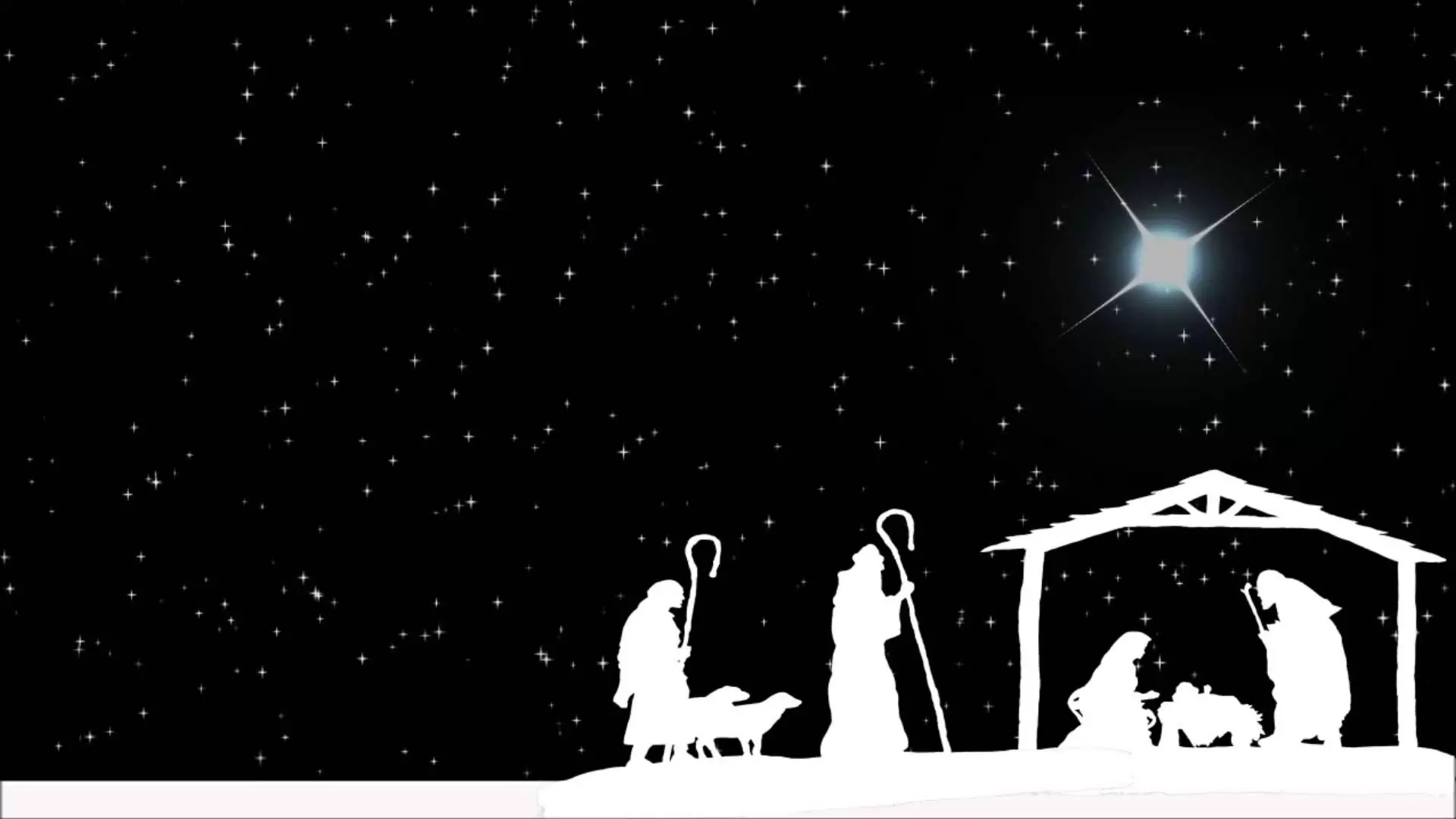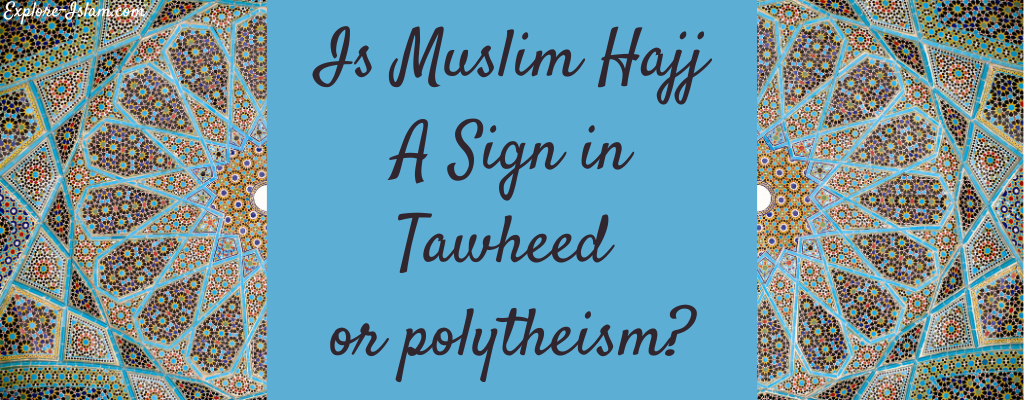
Far from being opposing faiths, their teachings reveal common ground that is often overlooked. Learn more about similarities between Islam and Christianity.
Continue Reading
In Islam, worship is dedicated solely to Allah, the Creator of the universe, including the sun and the moon. The Quran and the teachings of Prophet Muhammad (PBUH) explicitly forbid worshipping the moon, emphasizing pure monotheism. This article aims to clarify the Islamic perspective on the moon, highlighting its significance and the role it plays in Islamic teachings.
Continue Reading
Many hear the name Allah without fully understanding its meaning or to whom it refers. Is it the God of the Arabs? The God of Muslims? What is the significance behind this name?
Continue Reading
Ar-Rahman [The Entirely Merciful] Imagine that one day you met a person you know. He gave you an autobiography of a manager of a famous company to read. Once you …
Continue Reading
Islamic pilgrimage is to prepare Muslim for unifying his destination towards Tawheed, starting from inner feelings reaching outer behavior.
Continue Reading
Learn all about the original sin and the death of Jesus from the Islamic point of view and the Christianity point of view in details.
Continue Reading
Here is your brief guide to become a Muslim. Move with us step by step.
Continue Reading
Have you ever wondered what it takes to become Muslim? If such questions have ever passed by your mind, then this post is perfectly for you!
Continue Reading
We Answer your questions: Who is Israel? Why Is Israel mentioned in the Quran? Why did Allah favor Bani Israel? And more!
Continue Reading
God ‘Allah’, your Creator loves hearing your supplication. He gets angry if you quit asking Him, while a man gets angry if being persistently asked.
Continue Reading
Women’s allegiance to Muhammad PBUH was one of two pillars that supported building the only “Utopian society” that actually existed.
Continue Reading
In the first article in our series, we talked about the creation and the miraculous birth of Jesus (Peace Be Upon Him (PBUH)). This led us to another question that …
Continue Reading